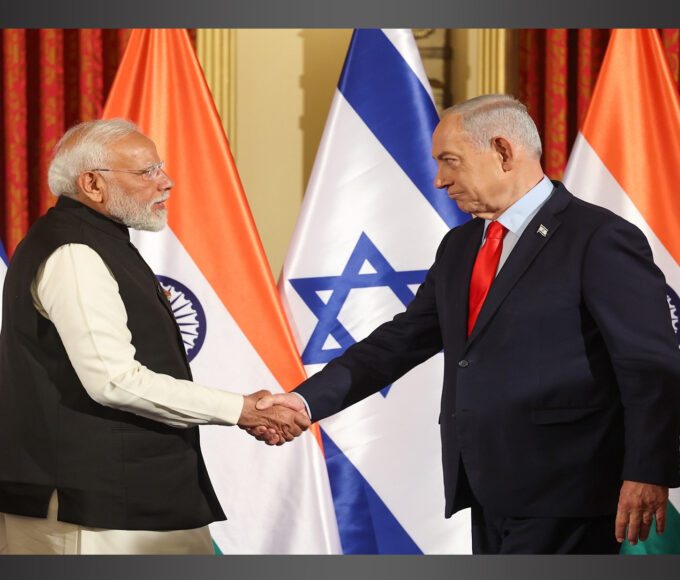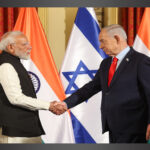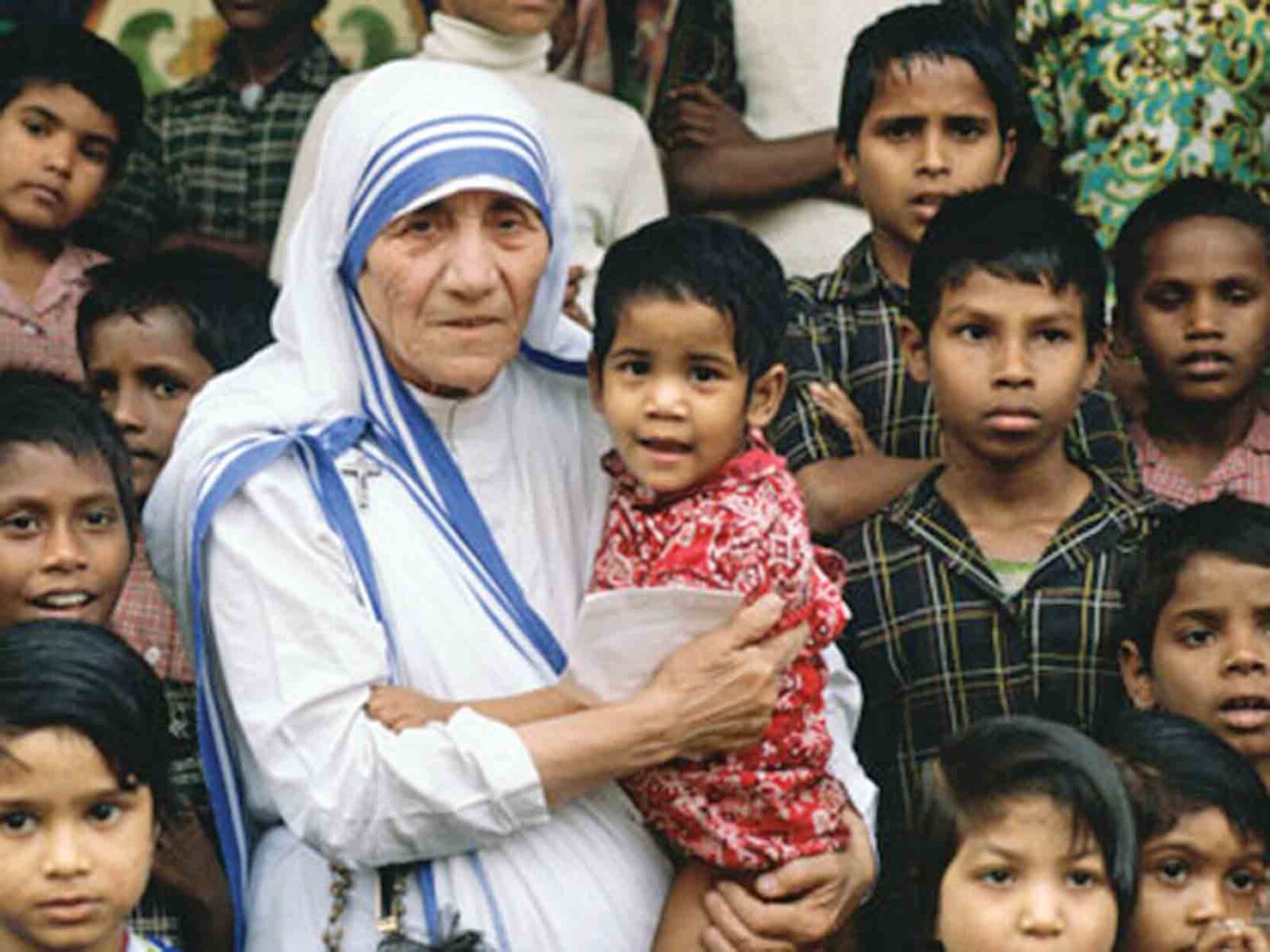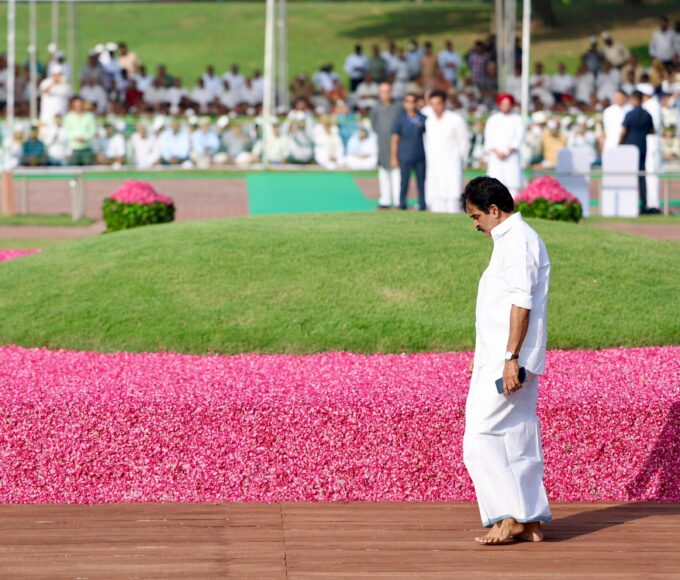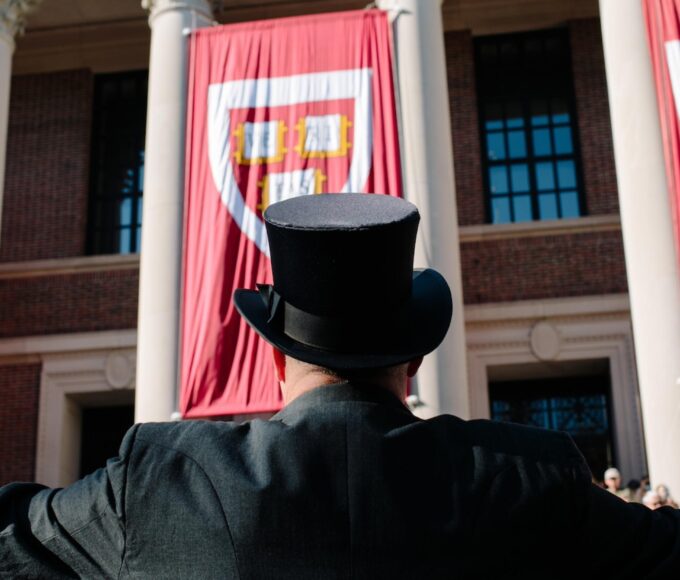THESE were the pearls of wisdom mingled with hatred that RSS chief Mohan Bhagwat dropped while inaugurating an orphanage and a women’s home in Bharatpur the other day: “Here we will not provide service like that rendered by Mother Teresa. It is possible that her kind of work was good, but there was a motive behind that service. It was to convert those she served to Christianity. Someone wants to convert others to Christianity, that is another thing, but to do it under the garb of social service is to devalue that service.”
Having moved with the Mother for several years and having assisted her in setting up one of her finest homes at Chandigarh (Shanti Dan), it will be dishonest on my part to let go this false insinuation unchallenged.
First, the backdrop. Planted in a narrow, dingy street in Kolkata, nourished by the faith, compassion and commitment of Mother Teresa, the Missionaries of Charity has grown like the mustard seed of the Scriptures. At the time of Mother’s death in 1997, the Sisters of the Missionaries of Charity numbered 3,914, and were established in 594 communities in 123 countries of the world. Her work continues and the order has now grown to over 4,500 members in 697 communities, present in 133 countries of the world.
Despite working with the Mother for long, I have been wondering as to what motivated this frail and diminutive woman to build and sustain a massive infrastructure of love and compassion. I found the answer during my visit to Mother House in Kolkata in the mid-1980s.
Mother and I were conversing in the sparsely furnished “parlour’’ and I asked her the question that had been nagging me. Mother took me to the Prayer of St Francis of Assisi, “Lord, make me an instrument of Thy peace,’’ hanging on the wall of the adjacent chapel and pointed out the line, “For it is in giving that we receive.” This was her motivation and not conversion, as alleged by Mr Bhagwat.
Born Agnes Gonxha Bojaxhiu on August 26, 1910, in Skopje, Macedonia, she was the youngest of three surviving children of Nikola and Dronda Bojaxhiu. As a teenager, she became interested in missionary work through a youth group in her local parish called Sodality. At the age of 17, she responded to her first call of a vocation as a Catholic missionary nun. She joined an Irish order, the Sisters of Loreto, a community known for their missionary work in India. Thus began the spiritual journey of a frail, shy and quiet woman, Mother Teresa, which took her to the pinnacle of “selfless service’’.
In today’s hedonistic world, Mother Teresa’s selflessness stands out like the star that guided the Magi to Jesus’ manger in Bethlehem. She led the way into the slums to serve the poorest of the poor. She confronted resistance from the Catholic Church to become an independent nun and start the Missionaries of Charity in India. She set aside the habit she wore during her years as a Loreto sister and donned the ordinary dress of an Indian woman: a plain white sari and sandals. She followed God’s will every moment of her life to become one of the greatest leaders the world has ever known.
Theories on effective leadership have laid out numerous traits and Mother Teresa had them all. She was selfless, courageous, determined, loyal, just, dependable, and enthusiastic; she was simple, devout, humble, and honest; she endured, took the initiative, was decisive, strong, and convinced of her calling in life; she gave up family life and a sheltered, peaceful life in the Irish order, all because she believed she could risk taking a road not taken. She kept the faith and moved scores of women and men, young and old, to become instruments of God’s peace.
Mother Teresa did not ask for help or money; she received it. As her work earned fame around the world, money poured in from individual and corporate benefactors. She never worried about funding the expanding activities of her order. “The Lord sends it,” she once said. “We do his work; he provides the means.”
Mother Teresa, however, drew criticism from those who believe, as George Orwell once wrote about Mahatma Gandhi, that all saints should be judged guilty until proven innocent. When criticised for accepting donations from the rich and some infamous, Mother Teresa replied that she had no moral right to refuse donations given for the poor and miserable, and she did not have an intelligence agency to ascertain the background of people who made the donation.
The Charter of the Society of Missionaries of Charity reads: “The society and all its branches, throughout India and outside India, work and serve the poorest of the poor, irrespective of all castes and creed, nationality, race or place-giving the individual person whole-hearted and free service. The poorest of the poor are the hungry, the thirsty, the naked, the homeless, the ignorant, the captives, the crippled, the leprosy sufferers, the unloved, the alcoholics, the dying and the sick destitutes, the abandoned, the outcasts, all those who are a burden to human society, who have lost all hope and faith in life.”
This is true fulfilment of the essence of Christianity contained in the Bible’s description of the Last Judgment: “Then the King will say to those on his right hand, Come, blessed of my Father, take possession of the Kingdom prepared for you from the foundation of the world; for I was hungry and you gave me to eat; I was thirsty and you gave me to drink; I was a stranger and you took me in; naked and you covered me; sick and you visited me; I was in prison and you came to me.’ Then the just will answer him, saying, ‘When did we see thee hungry, and feed thee; or thirsty and gave thee drink? And when did we see thee a stranger and take thee in, or naked and clothe thee? Or when did we see thee sick or in prison and come to thee?’ And answering, the King will say to them, ‘Amen, I say to you, as long as you did it for one of these, the least of my brethren, you did it to me’.”
I had the privilege of not only knowing but working closely with the Mother while at Chandigarh, hailed as the ‘City Beautiful’. Beneath the veneer of physical beauty, Chandigarh and its neighbouring areas had their share of the wretched, the poor, the unwanted, the mentally retarded, the abandoned, the lepers and the dying destitutes. The city was seeking a “soul’’ to look beyond the physical beauty, a “soul” that touched the poor and the unwanted, and a “soul” to give meaning and content to a body called “beautiful”.
At Shanti Dan, it is a sight to see mentally retarded teenagers fondly clinging to the Sisters; old, homeless and lonely destitutes gazing with a warm twinkle in the eye; and, above all, the starry-eyed, tender, abandoned infants, giggling and smiling without a worry in the world. This home, which is the gift of Mother Teresa, has indeed become a “soul’’ to the city, as evident from people’s participation in providing for the upkeep and feeding of hundreds of inmates. In this they are finding an expression of their own inner need for loving and sharing, which, in essence, is the “soul” that Chandigarh has been searching for.
The “Home’’ has become an instrument for the “spread of God’s love and compassion’’. The Mother, in her true devotion and humility, had made it all possible. Despite this and other Homes being situated in a region (Punjab, Haryana, Himachal Pradesh) with only about 1 per cent Christian population, there has not been a single conversion indulged in by Mother Teresa’s Missionaries of Charity in decades.
Calling her a proselytiser is the greatest ignominy that can be heaped on Mother Teresa because I know for sure that conversion was the last thing on her mind. And spreading this vicious canard near two decades after her passing away is adding insult to injury! Yet, without any bitterness, I will only recant from the Holy Bible with a minor variation: “Father, forgive him, for he does not know what he is saying.”
IAS (retd) with a distinguished career of 40 years - worked in Army, Govt, Private, Politics & NGOs.


